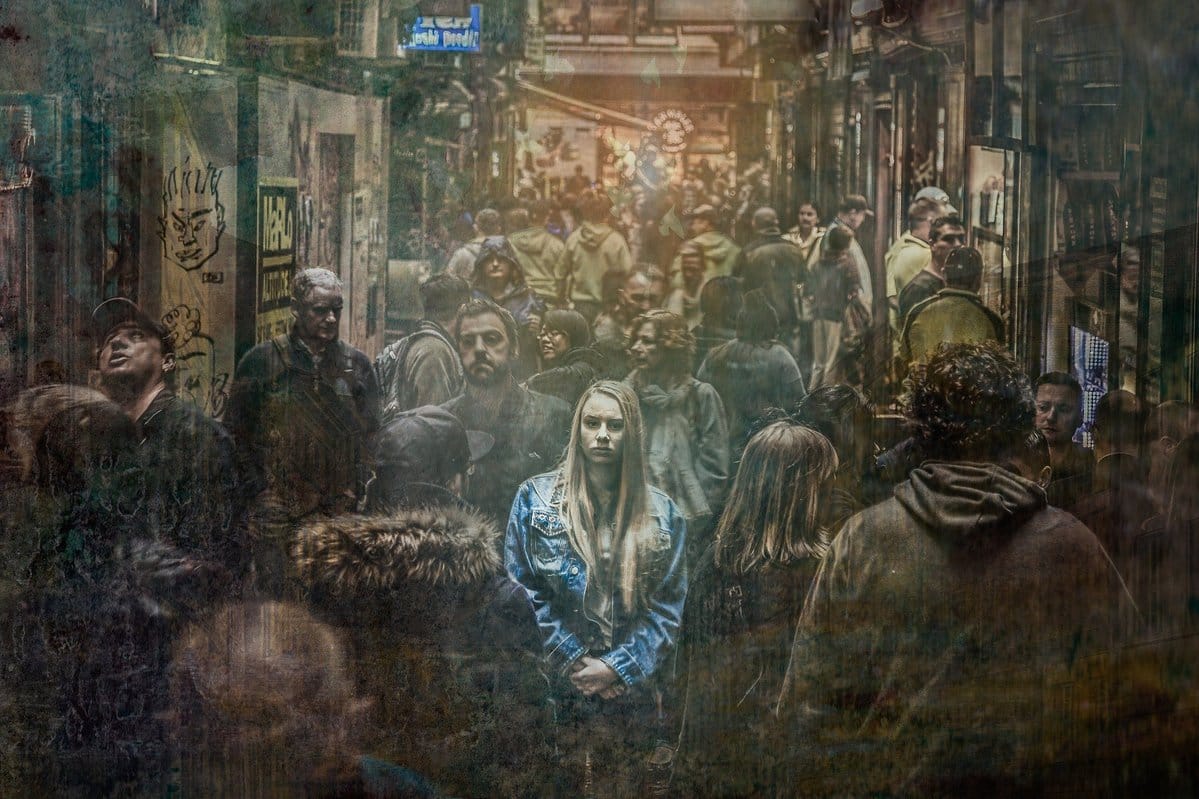Mental Health is a Social Justice Issue

By Ashika George, BA History of Art
Trigger warning: Mentions of mental illness and suicide.
A typical day for a student with mental health issues involves long hours spent in bed, a lack of energy to perform even the most menial tasks and a constant feeling of hopelessness. I am filled with guilt and regret every time I hear of anyone suffering like this.
If this imagery can provoke such concern, then why is there – even during an age of acute activism – still no major shift in the system to aid those who are afflicted by these disorders? We must understand why mental health is an important social justice issue.
Poor mental health affects a significant proportion of the British population. In 2020, Mental Health First Aid England stated that 26.8% of those aged between 16-24 reported having suicidal thoughts in their lifetime. Even at SOAS, it is clear that mental illness is increasing while students continue to fight for access to the same resources.
‘If we remain apathetic towards the mentally ill, we are as guilty as the systems who have failed them.’
Despite the services provided by educational institutions and the NHS, many will not receive the medical help they need or will never understand their disorders as many go undiagnosed. Our institutions are not listening to their pleas for further support and extensions. If we remain apathetic towards the mentally ill, we are as guilty as the systems who have failed them.
Those who are formally diagnosed may be prescribed medication, but prescriptions must be paid for at £9 each – even for students who study full-time. Receiving therapy can be a lengthy process filled with extensive waiting lists and diminishing hope. One cannot help but feel the system is inherently exploitative, especially towards those from marginalised backgrounds.
For those of us in a place of privilege, it is our responsibility to first educate ourselves on the mental illnesses that exist, and then progress to ensure there are accessible consultations, diagnoses, and treatments available in a reasonable amount of time.
In the contemporary moment, mental health has a large presence on social media in particular. There is a plethora of infographics and some peer support for suffering individuals. But is this the best we can do? Ultimately, sharing resources, petitions and calls to action for the government to aid the NHS and the mental health sector once on a social media profile is the bare minimum effort we could display.
We must realise that if we truly care for the mentally ill, we must consistently work to encourage a shift and push for an improved system. Sparking further conversation amongst politicians is not just an idealistic dream, it is a human rights issue. The sooner we stop acting passively, the sooner we can bring an end to this barrier preventing effective treatment, and the more individuals we can save.
Let us make this our generation’s mission. We must ensure that these calls for help are not shouted into an echo chamber, but rather, are made into a reality.
Photo caption: Those who suffer with mental health issues often feel isolated in society (Credit: Grae Dickason, Pixabay).



